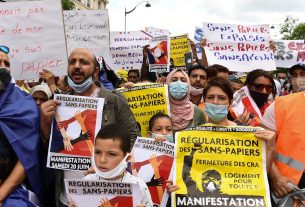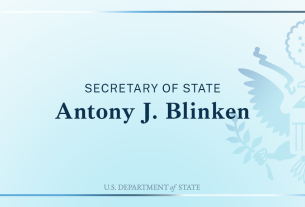HARARE – April 2025
Zimbabwe has issued its first compensation payments to white farmers displaced during the country’s controversial land reform programme more than two decades ago. The government confirmed on Wednesday that US$3 million has been disbursed, marking the initial implementation of a US$3.5 billion compensation deal signed in 2020.
The payments, covering 378 farms out of 740 approved claims, represent just 1% of the US$311 million earmarked for the first round of compensation. The remaining balance will be paid through US dollar-denominated Treasury bonds, according to Finance Minister Mthuli Ncube.
“We have now started to fulfill that promise,” Ncube stated, emphasizing the government’s commitment to settle debts and restore Zimbabwe’s global financial standing.
Background: A Painful and Politicised History
Between 2000 and 2001, under the leadership of President Robert Mugabe, thousands of white-owned commercial farms were seized—often violently—as part of a state-backed land redistribution campaign. The programme, intended to address colonial-era injustices, aimed to redistribute fertile land to Black Zimbabweans. However, the move plunged the country into economic crisis, triggered hyperinflation, and led to the imposition of international sanctions.
Following Zimbabwe’s independence in 1980, roughly 4,000 white farmers controlled most of the arable land. Mugabe’s fast-track reform, though popular among segments of the population, dismantled one of Africa’s most productive agricultural sectors and isolated the country diplomatically.
Limited Scope of Compensation
Compensation payments apply only to “improvements” on the land (e.g., infrastructure, buildings, irrigation systems), not for the land itself. The Zimbabwean government maintains that land seized from colonial settlers does not warrant reimbursement.
Foreign-owned farms, protected under bilateral investment treaties, are being compensated through separate mechanisms. In January, Zimbabwe began payouts to foreign investors under those agreements.
Farmer Response and Future Prospects
Harry Orphanides, a representative of affected farmers, told the BBC that interest in the programme is growing, though many former landowners still hold title deeds and have yet to register for compensation.
Current President Emmerson Mnangagwa, who took office in 2017 after Mugabe’s ousting, has upheld land reform as irreversible but insists that compensating displaced farmers is essential to mend ties with Western nations and reintegrate Zimbabwe into the global economy.
“Land reform is not up for reversal,” Mnangagwa has stated, but compensation is “a cornerstone for re-engagement.”
Zimbabwe remains heavily indebted and excluded from major financial markets. Analysts view this compensation as a crucial confidence-building step in attracting foreign investment, clearing arrears, and eventually lifting long-standing sanctions.
Sources:
- Zimbabwe Ministry of Finance press briefing, April 2025
- “Zimbabwe starts paying compensation to white farmers” – BBC News, April 10, 2025
- Compensation Agreement of 2020 (Zimbabwe Government & CFU)
- Historical context from Human Rights Watch & Amnesty International reports on land reform (2000–2002)



